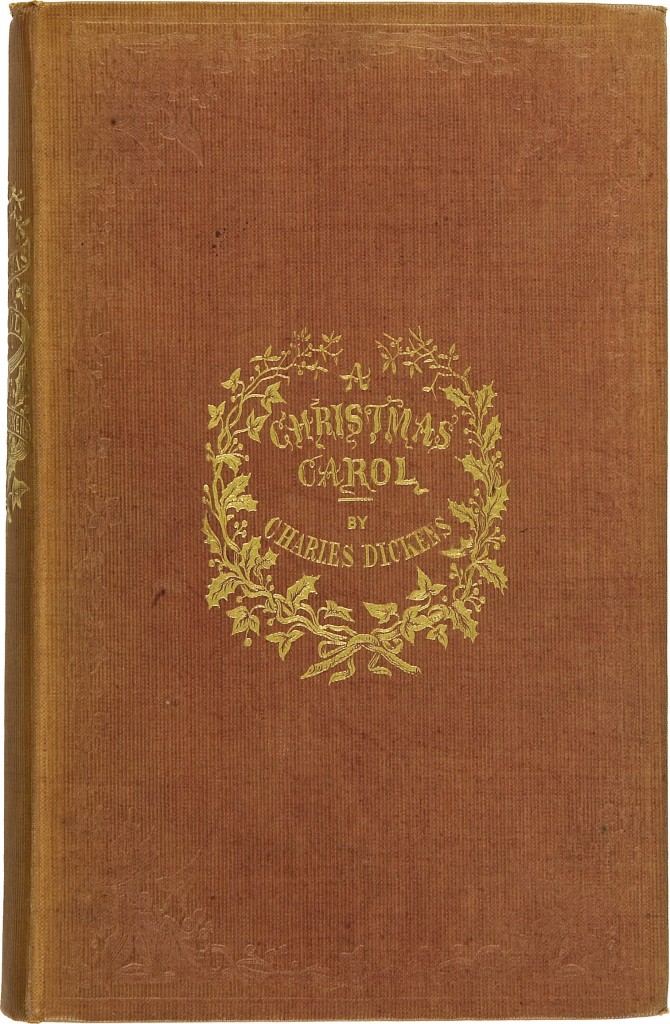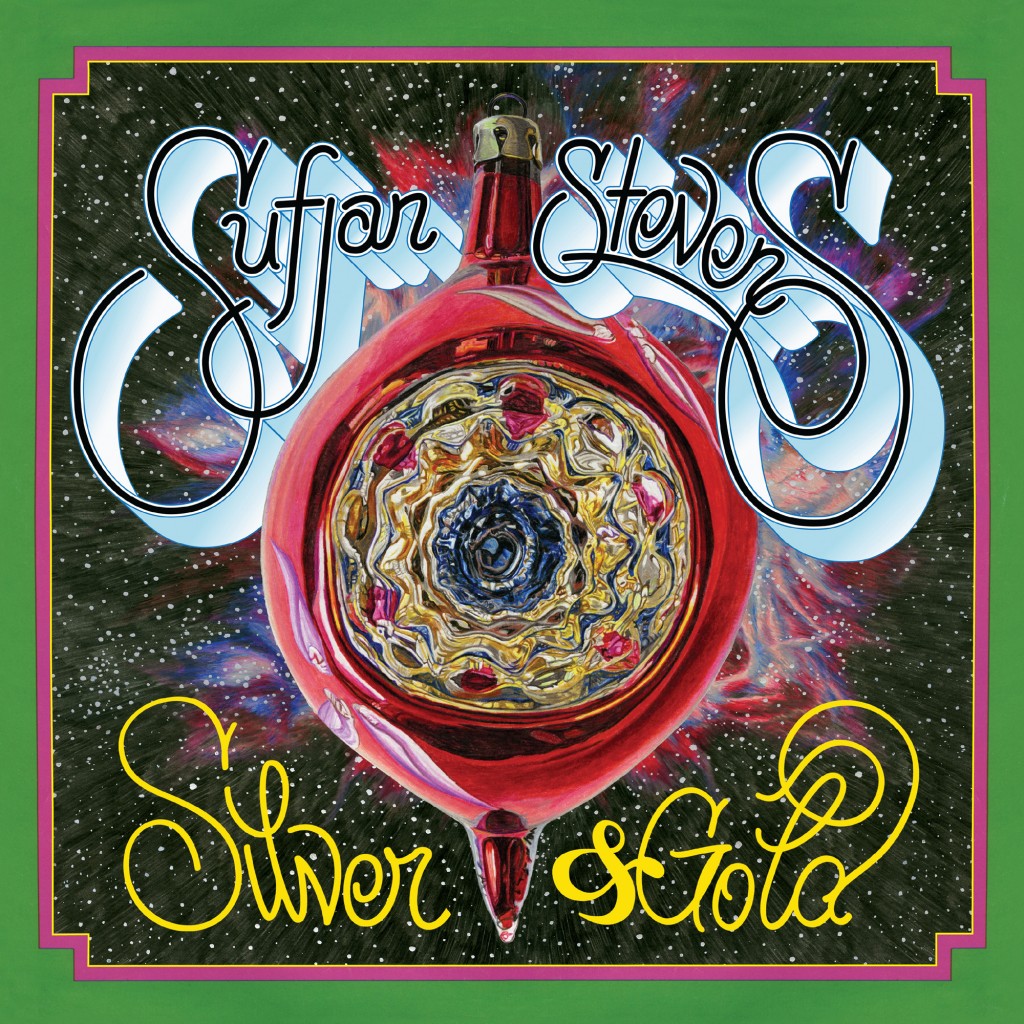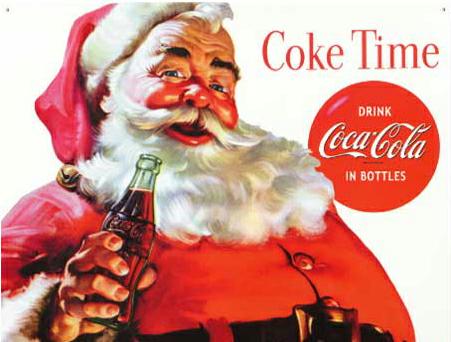Last updated on December 6, 2012
Of all the dispositions and habits which lead to political prosperity, Religion and Morality are indispensible supports…And let us with caution indulge the supposition that morality can be maintained without religion…reason and experience both forbid us to expect that national morality can prevail in exclusion of religious principle
George Washington, “Farewell Address to the Nation”
I’ve heard much talk about whether America’s a Christian nation or not lately. Having dealt with this in seminary as well as seeing the “battleground” of the so-called “culture wars” which brew every Christmas, I feel inclined to state an opinion on the subject. Rather than argue whether it’s right to place a nativity scene, or a menorah, or whatever anti-religious monument an atheist wants on a government-owned piece of property isn’t my concern. What IS my concern, however, is whether this is even a helpful conversation. If anything, it highlights a fear of religion in American public life – a fear that relegates certain beliefs to the sidelines and creates an arbitrary divide between persons.
As far as these discussions of placing symbols in the public square, I say have at it. First of all, Christmas IS a national holiday; its symbols, to be frank, are inherently religious by default. Whether it’s the Baby Jesus or Santa Claus (Saint Nicholas transplanted into a commercialized version of himself), everything about the holiday takes its origins in religious belief, Christian or pagan.We don’t celebrate Annual Gift Man Day, after all – the American Christmas always had its roots in the religious sphere. Removing “religion” from ‘Christmas” can’t work, as the supernatural ingrains itself into the natural tenor of the holiday. It’s supposed to be the hope for a new year and for human societies, as exemplified by the birth of Jesus Christ on earth; the rest’s just fluff, enjoyable fluff nonetheless.
Still, the whole season’s had a checkered history in America, for a variety of reasons. Christmas wasn’t widely celebrated in America until 1870, when it was signed into law as an official American holiday; in fact, Puritans and Pilgrims alike were against the holiday as a Catholic invention. Remember, it means “Christ’s Mass”, and mass was NOT the celebratory preference of Protestants. Thus, it was outlawed (yes, literally illegal) until 1681 in those first American Christian communities. Even then, celebration of the holiday didn’t take off in the New England area for years afterward. It was obsessively celebrated in New York and Virginia, however! After the Revolutionary War, the holiday fell out of favor once again, as it was perceived as an English custom, more often than not.
The revival of universal observance came not from religious fervor, but Charles Dickens’ A Christmas Carol. You’ll notice in the novella that there’s not a lick of actual religious message in the whole text (other than Tiny Tim’s prayer, I imagine); rather, Dickens recasts the holiday as a time of spirited community, generosity, and good will towards men. Dickens, from all his other works, was obsessed with the poor and the needy – how could a modern society strive for individual success, yet still make sure that no one was left behind? This eternal struggle motivated Dickens to write the book and recast the Christmas holiday as a time for celebration – not necessarily of Jesus, but human compassion.

You could say that he was influenced by the still-prevalent Christian church of his day (in terms of cultural influence, for sure) but it remains one of the most prominent influences on the way America and the Western world celebrate Christmas. Everything grew out of that particular story, from the popularity of carols to gift-giving (of course, not in the excess amounts done today) to even the phrase “Merry Christmas”. It’s almost astounding the influence the story has on our popular cultural perceptions of the holiday.
What do we make of this? Considering all these factors, I can’t imagine anyone objecting to the celebration of Christmas. In effect, the modern celebration isn’t so much a time of rejoicing at the Savior’s birth; it’s a humanistic celebration of inner kindness, for good or ill. On both sides of the coin, people seem to misunderstand what Christmas means. All of the different holidays celebrated around the same time as Christmas share the same basic social values: it just happens that Christ’s name got bandied about as the figurehead. To put it another way, the objections of those who aren’t into Christianity are semantics, not actually substantial claims that people are trying to convert or promote their own religious tradition above and beyond all others.
Of course, investigating this subject makes me more aware than ever that Dickens’ solution just isn’t sufficient. What has happened to his message? It has not been perverted – rather, its intent was taken to its utmost extremes. How can you have compassion when you just bought thousands of dollars worth of gifts to give to somebody you know, rather than the poor on the street corner? Does giving a dollar to the Salvation Army on your way into the mall really make that difference? Does even getting involved in service like that make a lick of difference in the end? Does doing the same thing over and over again change you? What was originally a paen against industrial capitalism becomes the very image of that same system. Wherever you go, can you not just feel the tenor of indifference and selfishness in the modern holiday construction? As Sufjan Stevens writes about his newest album release, “Silver & Gold”:
This is the true horror-show catharsis of Christmas: the existential emptiness that perseveres in the heart of modern man as he recklessly pursues his search for happiness and comes up empty handed.

Wow, have I just made things dark and depressing! Still, what can save us from this? Read the title of this blog; isn’t the answer obvious? People cannot change unless God changes them. And that sounds like a very simple answer to an extraordinarily complex problem. “You can’t solve my problems with platitudes, Zach; that’d just be too easy. It’s not as simple as you’re making it.”
Well, let’s take my personal experience. I find the holidays to be the most marvelous time of the year. I like all the traditions, the colors of red and green and white pervading the whole of the land. I like having Christmas carols and various other songs jammed into my ears like it’s no tomorrow (surely, a month later I’ll be sick of it, but not now). I like snow, and I like Santa Claus. I like shopping for things and giving things to others. I like the general spirit of charity and goodwill, even if it’s sometimes in short supply. I view the glass as half full, not half empty. I share a silent optimism that everything will get better because my perspective on Christmas doesn’t come from Dickens, nor a humanist perspective or anything else.
It comes from a kid born in a manger over two thousands years ago and what he means to me. Accouterments be darned, at least they continually remind me of the fact that God’s Son was born on earth to save the whole world. Every year, I feel the same amazement that the shephards in Luke 2 seem to see:
8 In the same region there were some shepherds staying out in the fields and keeping watch over their flock by night.9 And an angel of the Lord suddenly stood before them, and the glory of the Lord shone around them; and they were terribly frightened. 10 But the angel said to them, “Do not be afraid; for behold, I bring you good news of great joy which will be for all the people; 11 for today in the city of David there has been born for you a Savior, who is Christ the Lord. 12 This will be a sign for you: you will find a baby wrapped in cloths and lying in a manger.” 13 And suddenly there appeared with the angel a multitude of the heavenly host praising God and saying,
14 “Glory to God in the highest, and on earth peace among men with whom He is pleased.”
15 When the angels had gone away from them into heaven, the shepherds began saying to one another, “Let us go straight to Bethlehem then, and see this thing that has happened which the Lord has made known to us.” 16 So they came in a hurry and found their way to Mary and Joseph, and the baby as He lay in the manger. 17 When they had seen this, they made known the statement which had been told them about this Child. 18 And all who heard it wondered at the things which were told them by the shepherds. 19 But Mary treasured all these things, pondering them in her heart. 20 The shepherds went back, glorifying and praising God for all that they had heard and seen, just as had been told them.
How crazy is that? Angels in the air singing praises to God? What else could you possibly do but be thankful. And don’t forget verse 19; she treasures and ponders the things that she heard. She remembers. So shall we if we have the proper mindset toward the season. Whatever its origins or history or character, my Christmas is a Christ Mass: a celebration of the birth of Jesus Christ. For me, it doesn’t work any other way. I’d encourage you to think the same, renewing your mind daily during this Christmas season and seeing everything from a different perspective: eschatological optimism.
12 Therefore I urge you, brethren, by the mercies of God, to present your bodies a living and holy sacrifice,acceptable to God, which is your spiritual service of worship. 2 And do not be conformed to this world, but be transformed by the renewing of your mind, so that you may prove what the will of God is, that which is good and acceptable and perfect.
– Romans 12

